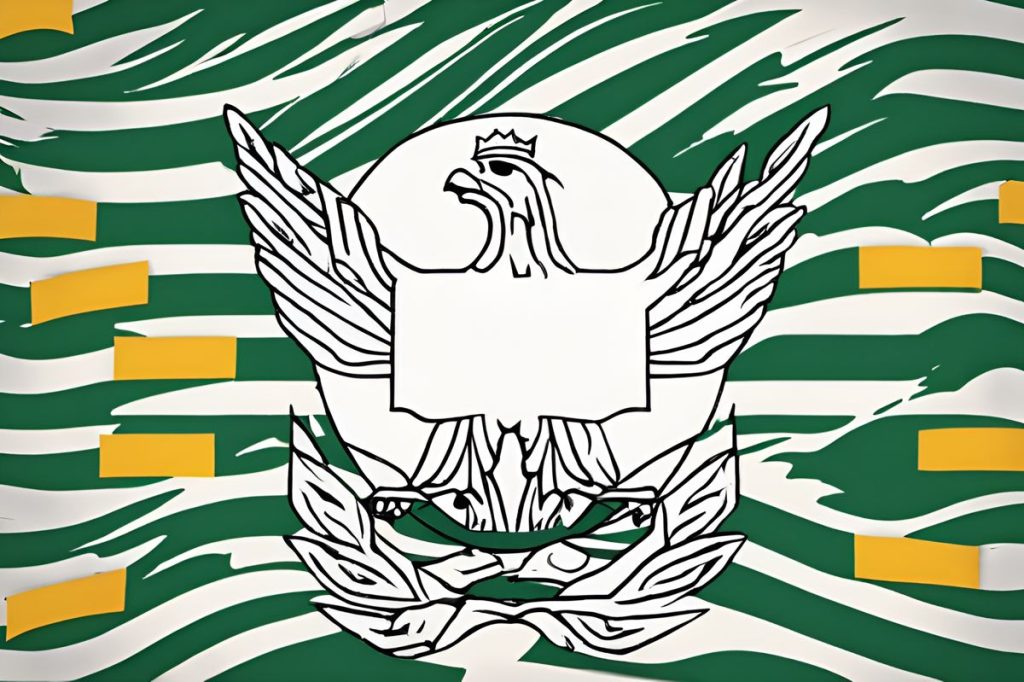Diplomatic tensions escalate as migrants remain stranded in Cyprus buffer zone, with President Christodoulides criticizing UN’s intervention and blaming Turkey for crisis. UN provides basic needs for migrants but rejects returning them to Turkey, emphasizing collaboration with UNHCR for a sustainable solution.
What is the current migrant situation in the Cyprus buffer zone?
Cyprus is facing diplomatic tensions due to migrants stranded in the buffer zone. President Christodoulides criticizes UN statements on the issue, asserting migration is not UN’s mandate. Cyprus refuses to open a new migrant route and blames Turkey for the crisis. The UN provides basic needs but rejects returning migrants to Turkey, emphasizing humanitarian support and collaboration with UNHCR for a sustainable solution.
Escalating Dispute with UN Representatives
In a recent public exchange, President Nikos Christodoulides of Cyprus expressed his frustration with UN Special Representative and head of the United Nations Peacekeeping Force in Cyprus (Unficyp), Colin Stewart. Stewart’s comments on the plight of 28 migrants stranded in the buffer zone have sparked controversy. President Christodoulides stressed that migration issues do not fall within Stewart’s mandate. Instead, he emphasized ongoing discussions with the UN High Commissioner for Refugees (UNHCR) in Cyprus, underscoring the humanitarian nature of the Republic’s approach to the migration crisis.
The president conveyed his discontent with the statements made by the UN spokesperson regarding these stranded individuals. He believes that such public remarks are counterproductive when seeking resolutions to sensitive issues. This sentiment echoes the government’s stance, which has defended its actions and decisions concerning the migrants in the buffer zone.
Cyprus’s Stance on Migrants and Accusations Towards Turkey
The government of Cyprus has been vocal about its position on the migrant situation, with government spokesman Konstantinos Letymbiotis firmly stating that the country will not establish a new route through the buffer zone. The Cypriot authorities have repeatedly asserted their intentions through official statements, prioritizing the security and integrity of the country’s borders.
Letymbiotis also pointed a finger at international organizations, criticizing them for overlooking what he perceives as the root cause of the migrant predicament—the role of Turkey. He argues that the migrants, having transitioned through what are considered safe countries, particularly Turkey, should be returned according to international conventions and regulations. This perspective highlights the complex geopolitical dynamics at play and the challenges facing the Republic of Cyprus as it navigates these international waters.
The UN’s Involvement and Migrants’ Difficult Conditions
Colin Stewart, in his communication with the Cypriot president, outlined the challenging conditions faced by the migrants trapped in the buffer zone. Stewart elaborated that the UN is providing the essential needs—food, water, and shelter—to these individuals. Despite these efforts, the migrants continue to endure harsh circumstances. The UN supports the UNHCR’s efforts to collaborate with the Cypriot government in finding a sustainable solution for the migrants.
When questioned about the possibility of returning the migrants to Turkey, Stewart’s answer was a definitive “No.” This group, often referred to as the ‘buffer zone migrants,’ has been stranded for more than a month in the Green Line, an area that has now become emblematic of the government’s stern warning against illegal entry into the Republic.
Humanitarian Approach and International Obligations
Cyprus has been at the forefront of the migrant crisis, with its geographical position drawing those seeking asylum. The country’s leaders have often highlighted their commitment to addressing this issue from a humanitarian perspective, balancing compassion with the need to maintain order and uphold international agreements. This ongoing situation in the buffer zone of Cyprus stands as a testament to the broader challenges Europe faces in managing migration flows while ensuring the rights and well-being of individuals seeking refuge are respected.
What is the current migrant situation in the Cyprus buffer zone?
The current migrant situation in the Cyprus buffer zone involves diplomatic tensions as migrants remain stranded. President Christodoulides criticizes the UN’s involvement, rejects the idea of opening a new migrant route, and blames Turkey for the crisis. The UN is providing basic needs for the migrants but refuses to return them to Turkey, emphasizing collaboration with UNHCR for a sustainable solution.
What is President Christodoulides’ stance on the migrant situation in Cyprus?
President Christodoulides of Cyprus has expressed frustration with the UN’s intervention in the migrant situation, particularly with UN Special Representative Colin Stewart. He emphasizes that migration is not within Stewart’s mandate and underscores ongoing discussions with UNHCR for a humanitarian approach to the crisis.
How does Cyprus view the role of Turkey in the migrant situation?
Cyprus has accused Turkey of playing a significant role in the migrant crisis, asserting that migrants who have passed through Turkey should be returned in accordance with international conventions. The government of Cyprus has firmly stated that it will not establish a new route through the buffer zone and prioritizes border security and integrity.
What is the UN’s involvement in providing assistance to the migrants in the Cyprus buffer zone?
The UN is providing essential needs such as food, water, and shelter to the migrants stranded in the buffer zone. Despite these efforts, the migrants continue to face difficult conditions. The UN has rejected the idea of returning the migrants to Turkey and is collaborating with UNHCR to find a sustainable solution for the individuals in need.

